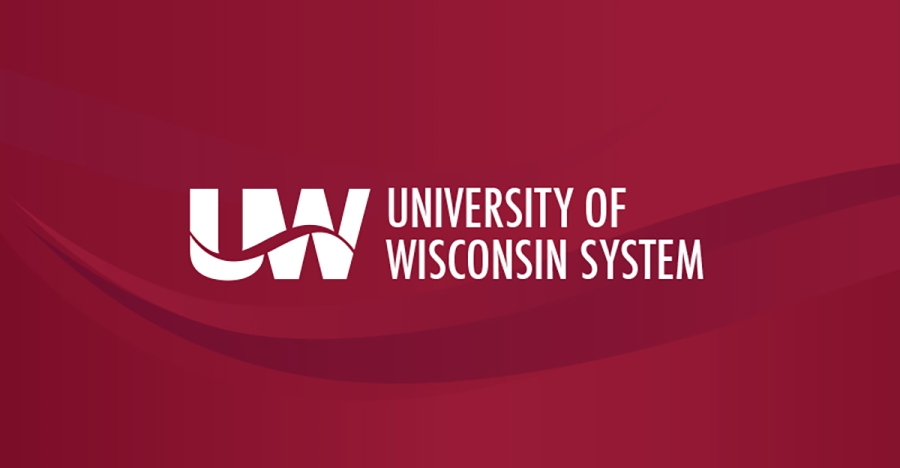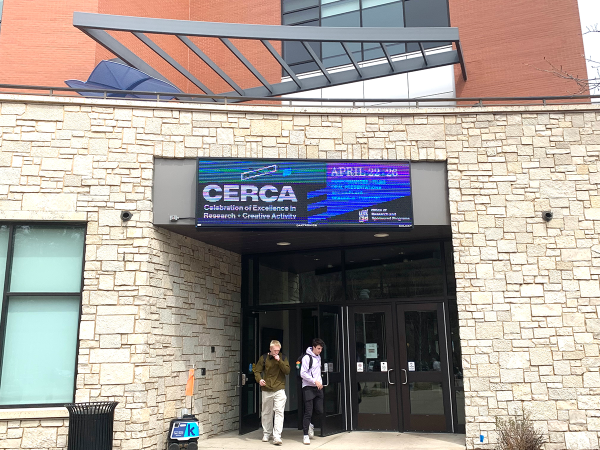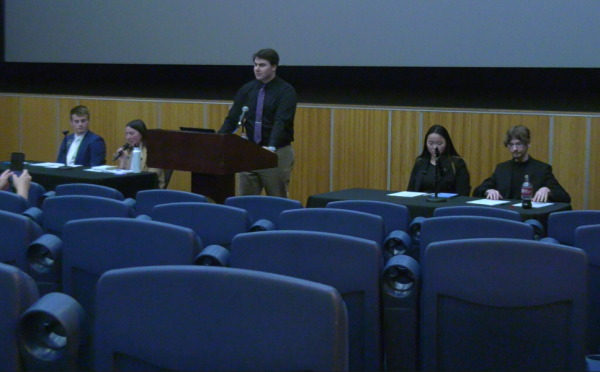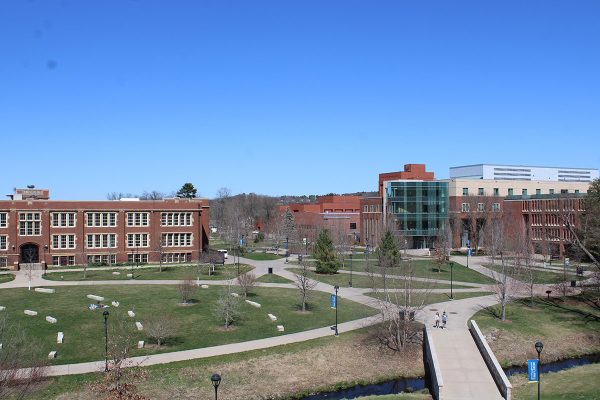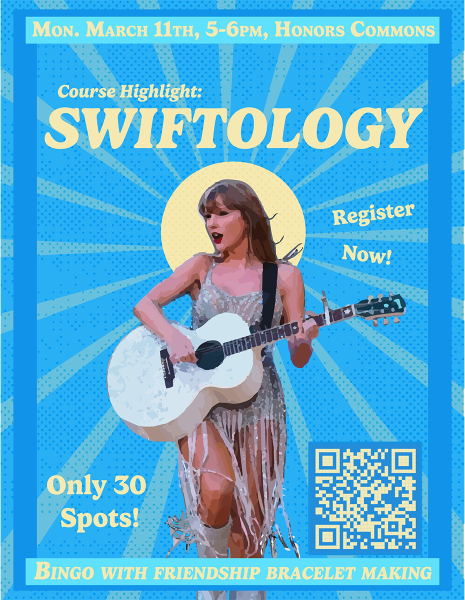UW System releases free speech survey
After a delay, the survey reveals that professors are encouraging conversations around controversial topics, though many students are self-censoring
Photo by UW System
The UW System Student Views on Freedom of Speech survey aimed to evaluate student attitudes towards dialogue in classrooms, as well as knowledge of the First Amendment.
On Feb. 1, 2023, the UW System released the results of the UW System Student Views on Freedom of Speech survey, which polled students on their perceived ability to openly and freely discuss topics on campus and in class.
According to the UW System’s website, the survey was conducted with the “goal of soliciting student attitudes toward free speech, viewpoint diversity and self-censorship on campus.”
The survey also came after a delay due to controversy last year.
Among other things, the survey yielded a variety of noteworthy results, including that generally students were being encouraged to discuss controversial topics but that, for various reasons, a notable — mostly conservative — portion of students felt a need to self-censor.
One researcher who played a role not only in the conduct of the survey but also in its conception is Tim Shiell, an English, philosophy and communication studies professor at UW-Stout.
The initial idea for this survey, Shiell stated, derived from his work in free speech activism in the 90’s, as well as a previous study he had done on Wisconsin citizens’ First Amendment attitudes.
“It seemed like it would be a good idea to do a survey of Wisconsin students and find out what they actually are thinking and what they perceive about things and what they know about the First Amendment,” Shiell said.
Shiell contacted the UW System and the Wisconsin Institute for Public Policy and Service about this research, and the idea was set in motion.
“I was the principal investigator and initially the funder,” he said.
The process of this research was not without complications, and Shiell explained that one lingering fear was that of interference from the legislature, which has in recent years had a fraught relationship with the UW System.
“One of the big concerns people were worried that something bad would come out in the data and the legislature would do something to punish the system for bad data,” he said.
This fear was accompanied by a series of controversies in the spring of 2022 that led to the survey’s delay.
According to the Wisconsin State Journal, interim chancellor at UW-Whitewater, Jim Henderson, resigned in part due to the system’s handling of the survey. This controversy caused the survey to be pushed to the fall of 2022 and left fears of politicization.
This delay, Shiell said, also allowed the team to take more time to meet with student and faculty leaders and get feedback on the survey.
After the release of the study, a few statistics stand out to Shiell as most significant.
One of the most positive findings, he stated, was that by an overwhelming margin, students reported that their professors were encouraging conversations surrounding controversial issues and very few reported that professors were actively discouraging these discussions.
“That was a very positive piece of data,” Shiell said.
However, the survey also revealed one area that Shiell expressed to be concerning: self-censorship.
This trend, Shiell explained, arose in a few forms.
“One of the things we thought we might see in Wisconsin, which is discouraging from an educator’s point of view, is conservative students… reporting a fear of potential lowering of grades, fear of classmates bashing them on social media and so a hesitancy to speak up in the classroom on controversial issues,” he said.
This result is not unique to Wisconsin, Shiell said, and was somewhat expected due to the results of other nationwide surveys on the same topic, including the Foundation for Individual Rights and Expression’s annual survey.
However, the survey also found that this fear was only one of a few reasons for self-censorship, and Shiell noted that in a less concerning trend, many students reported not speaking up in controversial discussions simply because they did not know enough about the subject.
“What’s discouraging also is an awful lot of students reported they didn’t talk about controversial issues in the classroom because they just didn’t care,” he said.
When asked about “students’ perceptions of how often, in classes where viewpoint diversity is relevant, their instructors create a classroom climate in which students with unpopular views would feel comfortable, or uncomfortable, expressing them,” 34.2% of students at UW-Eau Claire stated they would feel comfortable expressing them often or extremely often—the lowest in the system.
Conversely, 21.8% reported that they would feel uncomfortable expressing them often or extremely often, which was the second highest in the system.
Shiell also revealed that a surprising number of students in the system reported institutional consequences.
“It’s not a big number. Out of 10,500-ish students, it’s a relatively low number, like 100 or less in many cases. But still, if the students are being punished for a protest on campus that’s a little worrisome,” he said.
So far, what action will come in light of the survey is difficult to determine. The UW System has already announced that it will be creating the Wisconsin Institute for Citizenship and Civil Dialogue, helmed by Eric Giordano.
According to the system’s website, “WICCD will coordinate the various research and policy centers across the UW System focused on the Constitution and public affairs to share best practices, consider joint programming, and discuss ways to elevate civil dialogue and the First Amendment on UW campuses.”
Other measures will include organized peer conversations and the promotion of the Wisconsin Civics Games.
“I was hopeful that we could do a survey that would get enough students’ responses and provide enough data that it would stimulate the system to take some sort of action,” Shiell said.
In response to the issue of self-censorship, Shiell proposed that the best approach may be through how teachers are trained, suggesting that the key is an unbiased approach as an educator.
“Maybe part of it is just more training, pedagogical training for instructors who teach controversial issues so that they’re using the best practices,” he said.
Flake can be reached at [email protected].
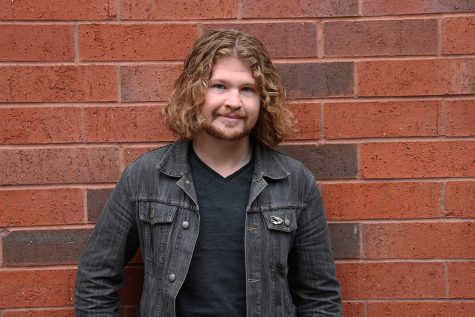
Liam Flake is a third-year English literature and journalism student and this is his third semester on The Spectator. His passions include reading, tea, corvids and maps. He aspires to travel the world in a van and write about the experience. In his free time Flake can be found in the library or around town in a hammock.

